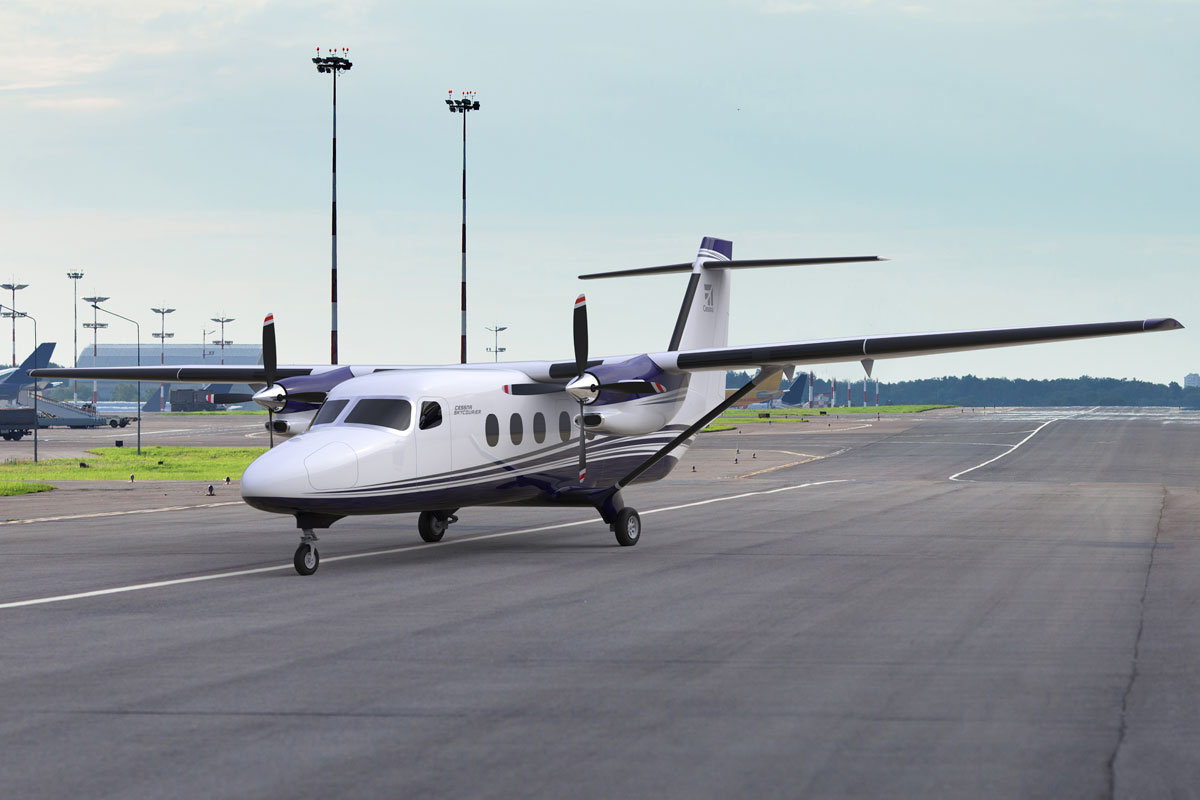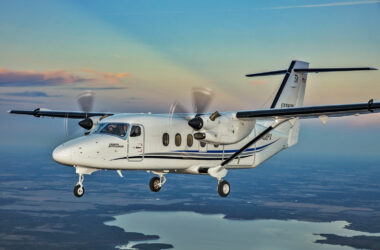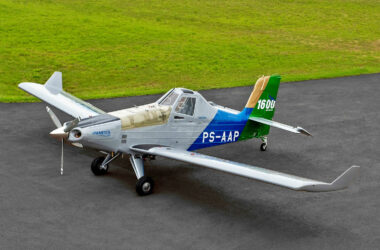One of aviation’s longest-running career planes, the single-engine PC-6 is saying goodbye to Pilatus Aircraft’s assembly line in Stans, Switzerland, after 63 years of non-stop production.
The latest example of the classic single-engine plane, purchased by a customer in Indonesia, is being prepared for delivery in the coming days, according to PC-6.com.
The discontinuation of the PC-6 was announced by Pilatus in 2017. At the time, the manufacturer stated that it would accept orders for the aircraft until 2018 and that production would end in 2019.
However, the Covid-19 pandemic ended up postponing the end of the aircraft’s line to this year. In all, including the last aircraft in the final stages of construction and lots assembled by Fairchild Hiller in the US, 604 aircraft have been produced since 1959.
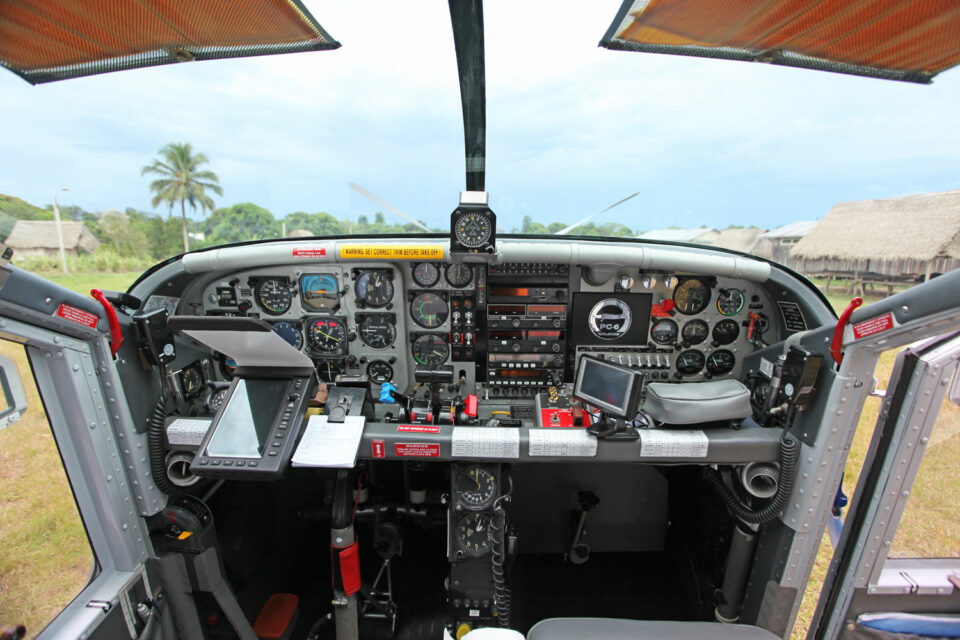
With the end of the PC-6 line, due to low demand in recent years, Pilatus can open more space in its factory to increase production of the PC-24 business jet. The aircraft has contributed significantly to expanding the Swiss manufacturer’s business.
Simple plane, exceptional performance
When designing the PC-6 in the 1950s, Pilatus was targeting the market for utility planes that could operate in any conditions, including landing on short, unprepared runways – or even minimally flat locations.
To meet these requirements, the aircraft has a simple design, with a high wing with a large wing area and fuselage made with materials that require little maintenance. The fixed landing gear’s huge low-pressure tires also allow the PC-6 to land and take off from virtually any location.
The Porter (and the Turbo Porter, with a turboprop engine) impresses with their STOL (Short Takeoff and Landing) performance. It is capable of taking off in runways of less than 200 meters in length and landing in an even smaller space of just 127 meters. Thanks to the two huge wings and special flaps, the PC-6 can maintain itself in the air at only 96 km/h.
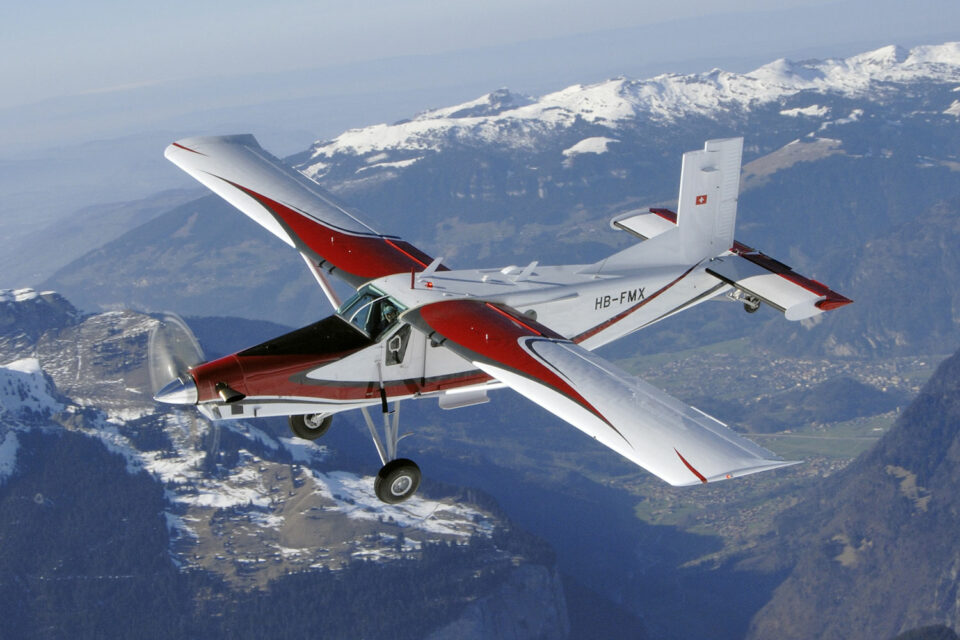
The PC-6 has a versatile career, serving as an ambulance aircraft, aerial photography, parachute launch, among other roles.
One of the highlights of the aircraft is having broken the record for landing and taking off at altitude, in Nepal, when it operated at more than 5,750 meters of altitude. It is also one of the planes used at Lukla Airport, near Mount Everest and known for its short, sloping runway of just 530 meters.
Certainly, the exceptional qualities of the PC-6 will continue to be explored for a long time to come.




